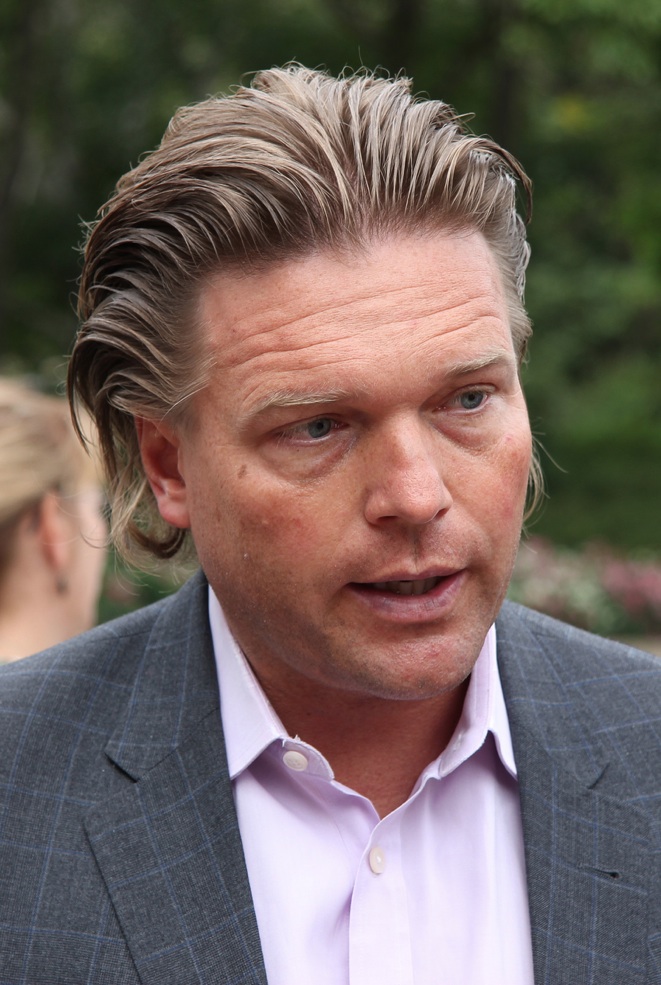Athabasca University’s Faculty Association called yesterday for the institution’s president to be replaced by an interim president chosen from among senior staff.
On the face of it, this idea makes a lot of sense, since the president in question — Dr. Frits Pannekoek — announced back in December 2012 he’s going to retire anyway, although a date has never been set for a departure that is certain to be greeted with relief by staff and faculty whenever it comes.
The association’s “rescue plan” announced yesterday is yet more evidence the financial crisis sparked by the Redford Government’s wholesale attack on post-secondary education in the 2013 provincial budget has sparked a full-blown crisis at the already troubled distance-education university.
Conflict between the faculty and administration at Athabasca was brewing long before a sure-to-be-difficult round of contract negotiations began last month at the 43-year-old correspondence university that nowadays does most of its teaching over the Internet.
The province-wide post-secondary funding crash imposed by the government has hit AU particularly hard, and certainly acted as a catalyst for yesterday’s proposal — particularly in light of a disastrous decision by AU’s administration to spend most of the university’s financial reserves.
Faculty members are furious at Pannekoek in particular for overseeing the spending binge in recent years that drained the university’s reserves. That left AU ill equipped to respond to the unexpected squeeze on post-secondary budgets imposed by the Progressive Conservative government of Premier Alison Redford in March when it used an expected and temporary “Bitumen Bubble” as an excuse to break its promise of stable and secure post-secondary funding.
No official reason has ever been given for why the administration and board used up the reserves, but widespread speculation suggests the decision was motivated by a scheme to make the university look broke and thereby leverage additional cash from the province.
If so, it was a lousy strategy and the hoped for “operational lift” never materialized in the budgeting chaos that followed the Bitumen Brouhaha.
AU faculty members also hold Pannekoek and the board responsible for lavish spending on travel and on the president’s residence in Athabasca, a town of fewer than 3,000 souls 145 kilometres north of Edmonton.
To top it off, they are furious at the administration for $10,675 in illegal donations to the Alberta Progressive Conservative Party between 2006 and 2008 — an effort Board Chair Barry Walker told the CBC was made to try to “develop a relationship with the government,” but which seems to have brought AU nothing but woe.
Indeed, it’s whispered in Alberta government circles that one reason Athabasca University is friendless in the PC caucus and cabinet is the embarrassment caused by the revelation of the illegal contributions.
The university spent another $125,000 in roughly the same period on lobbyists to talk to provincial officials — something one would think a public institution wouldn’t have to do.
The faculty has now reached the conclusion Athabasca U can’t prosper, and may not even be able to survive, as long as the old administration remains at the helm.
Last year, two of the three unions representing university staff overwhelmingly passed motions of non-confidence in Pannekoek, after which he announced his decision to step down.
Yet, despite his retirement proclamation, Pannekoek apparently plans to stick around until his replacement is found, which under the circumstances may be no easy task. It’s expected to take at least 18 months and possibly as long as two years to find a new president.
Fearing delay in making changes at the top will prevent the university from addressing its problems, the association suggests staff elect an interim president who would agree to serve with no additional pay above his or her present faculty salary, allowing the university both to move on and save significant money.
“This plan would save the university about $1 million in executive pay and the headhunter fees earmarked for a presidential search over the next two years,” the faculty association said in its news release. “AUFA’s plan demonstrates fiscal responsibility and leadership: replacing the current president would improve morale and employee confidence in senior administration, which has been sorely lacking since April 2012.”
As part of the deal, the faculty association promises to negotiate with the Alberta Union of Provincial Employees and the Canadian Union of Public Employees, the university’s two other unions, to come up with a way to ensure the interim president enjoys broad support among staff.
It might also make contract negotiations between the faculty association and the university easier if teachers didn’t feel they were being asked to pay for the board and administration’s mistakes.
The idea probably makes too much sense to be accepted by the university’s board, which has a history rubber-stamping the administration’s worst ideas, seemingly without much thought.
If the board says no as expected, it’s said here that for the sake of Athabasca University and the welfare of Alberta’s taxpayers, Advanced Education Minister Thomas Lukaszuk should use the provisions of the Post-Secondary Learning Act to fire the board and start over.
Lukaszuk likes to pose as a tough guy who has the wherewithal to get things done that need to be done. That’s easy, of course, when you’re just yelling at unions. Now’s his chance to prove he really is what he says and achieve something constructive.
This post also appears on David Climenhaga’s blog, Alberta Diary.




